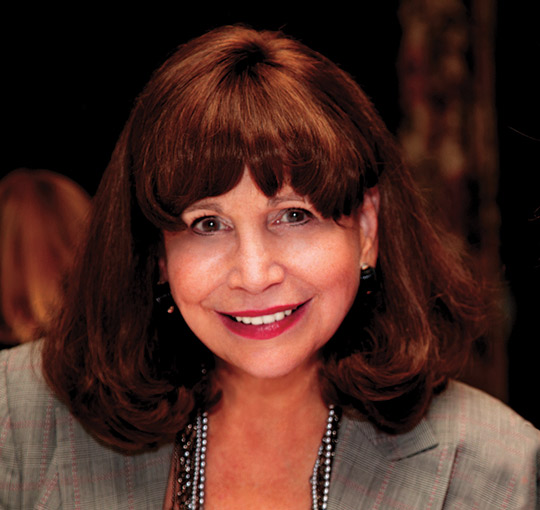Celebrating Psychology
AT TEACHERS COLLEGE, we believe that collaboration across the academic disciplines offers the best hope for solving the most challenging problems in education and human development. One of the most compelling stories of collaboration throughout our history has been the work of our faculty in psychology.
AT TEACHERS COLLEGE, WE believe that collaboration across the academic disciplines offers the best hope for solving the most challenging problems in education and human development. One of the most compelling stories of collaboration throughout our history has been the work of our faculty in psychology.
From its earliest days, when psychologist E.L. Thorndike pioneered the use of scientific methods to show how ideas imprint themselves in the brain, TC scholars and alumni have demonstrated that learning is a dynamic interplay of motivation, cognition, intellectual and emotional development, identity, physiology, environmental influences and many other factors.
Many of those branches of inquiry are represented at the College today by the more than 40 psychologists on the faculty who are deployed across more than a half-dozen programs.
Psychologists at your typical academic institution would be housed in a single department. But TC is anything but typical. Because their work takes them into so many aspects of learning, our psychology faculty end up collaborating with colleagues in nearly every program and department.
Take Herb Ginsburg, for example. He is a cognitive psychologist in our Department of Human Development. His partnership with outside companies to create software that helps young children learn math has been inspired by close observation of children and their teachers, generating deep understanding of the ways in which the human mind creates strategies for making sense of new material and solving problems.
Then there's Warner Burke, a social-organizational psychologist whose exploration of "learning agility" at long last could provide corporations and other organizations with an empirically-based means of selecting truly qualified leaders.
Derald Sue and Robert Carter are counseling psychologists who have brought the damage caused by racial discrimination, harassment and unintended microaggressions into the public eye, while also developing interventions and the basis for remedies in organizations, the medical profession and the legal system.
Another leading light is Marla Brassard, a school psychologist who has amassed a rich database on middle-school children who have been emotionally maltreated by parents or caregivers. She launched that project through her collaboration with colleagues in our Health and Behavioral Studies Department.
We have George Bonanno, a clinical psychologist whose research has overturned long-held assumptions about resilience after traumatic events. He is now working with Karen Froud, a psychologist and specialist in brain imaging in our Biobehavioral Studies department, to identify people at risk for suffering prolonged grief.
And then there is Jeanne Brooks-Gunn, a developmental psychologist who has conducted pioneering studies on poverty and learning. She has trained generations of students to approach research as an endeavor that requires the panoramic perspective of social scientists, economists, public health specialists and many other scholars.
The work of these scholars, along with that of many others on our faculty who were trained as psychologists, illustrates why Teachers College has been at the forefront of so many advances across so many fields. It also explains why such dedicated, thoughtful students choose to study and work here.
As Professor Froud puts it, "Working at TC has broadened my experience in a way that no other institution could. Only here would I have the opportunity to collaborate with so many different people and study such a range of phenomena and behaviors, and to think about it all in the framework of what's actually going on in society. It's a constant reminder that one day what we're doing could make a difference in how we treat a particular disorder or help people learn more easily, or enhance our understanding of other cultures."
This is a splendid statement of our mission at Teachers College! As a psychologist might say, making a difference makes us who we are.
Susan Fuhrman (Ph.D., '77)
Published Wednesday, Dec. 14, 2011
